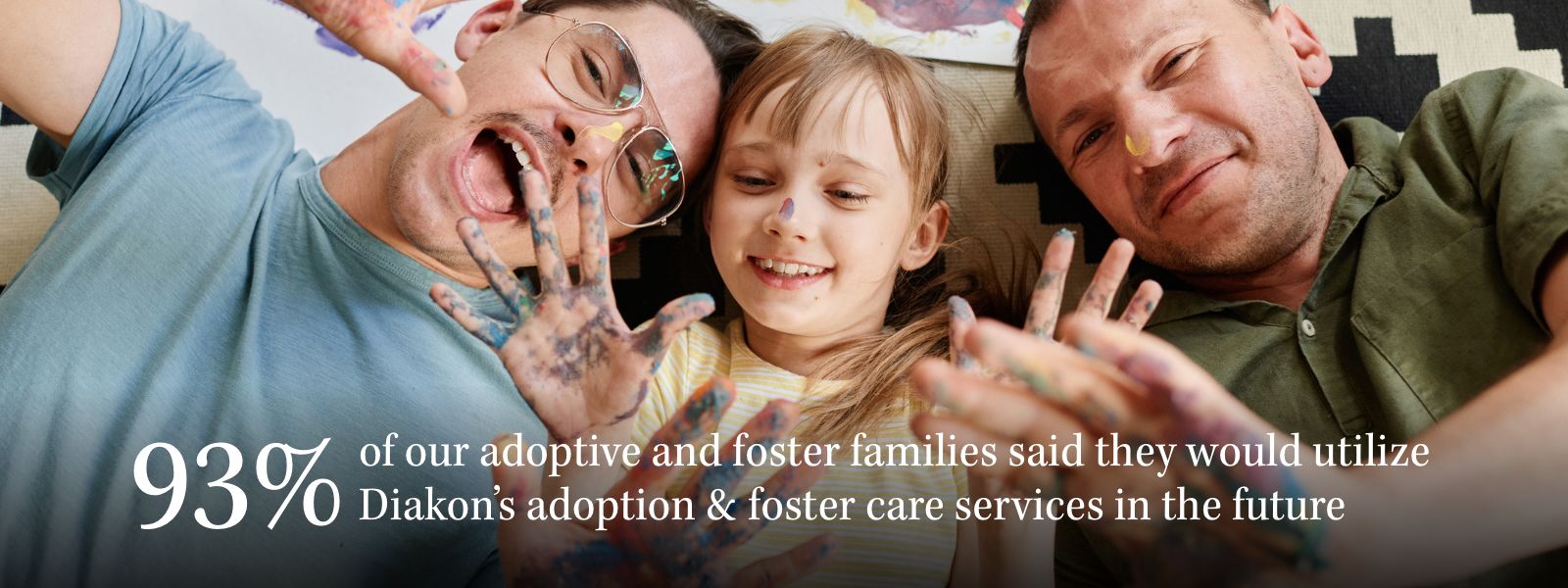
In Process Families & Parents
At this point in your journey, you have attended an information/orientation session and are ready to begin training to become a resource family or parent.
Or perhaps you've completed your training and are waiting for a child or youth to join you and your family.
In either case, we express our deep appreciation that you have taken this important step. The children and youths who long for family thank you as well!
We have developed this section of our website specifically for you and have included various resources you may need, including frequently asked questions, a home safety assessment video and a list of important documents and forms.
If you find, however, that there are additional resources that you believe would be helpful to you, please contact your case manager directly or use our contact form.
In the meantime...
Who are the children and youths who wait?
Visit our gallery of children and youths who wait for the gift of permanence and family.
Resource Family Training Materials
To help you understand the scope of what you will be studying during our four-day training sessions, here is a helpful overview of subjects:
Day 1
- Foster Care 101
- Parent Panel
Day 2
- Attachment
- Separation, Grief and Loss (Part 1)
Day 3
- Separation, Grief and Loss (Part 2)
- Trauma-informed Parenting
Day 4
- Trauma-related Behaviors
- Impact of Substance Abuse
Training to be completed on your own: (links to these trainings will be provided once you are registered for training)
- Child Development
- Cultural Humility
- Effective Communication
- Expanding Parenting Paradigm
- First Aid
- Human Trafficking 101
- Maintaining Children’s Connections
- Mandated Reporter Training
- Mental Health Considerations
- Overview of the Child Welfare System
- Parenting a Child with a History of Sexual Trauma
- Parenting in Racially and Culturally Diverse Families
- Reasonable and Prudent Parenting

